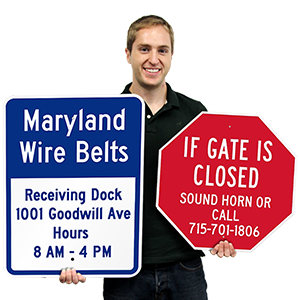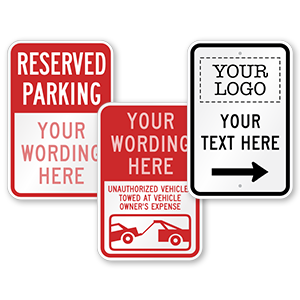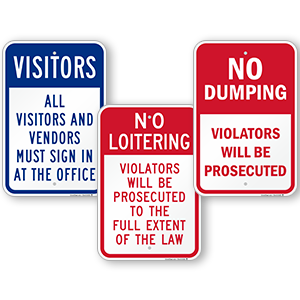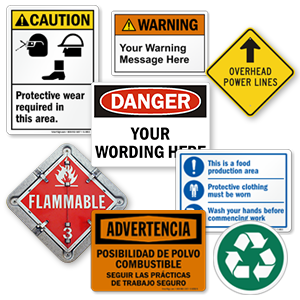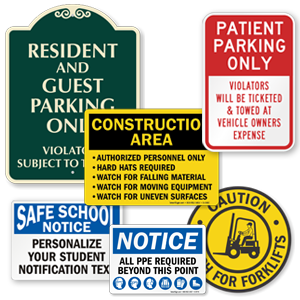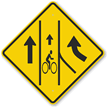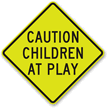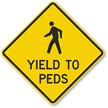Friday Five: Poisoned Trees and Effective Billboards
Friday, April 27, 2012 —

One of the billboards posted with Konias’ photo, which eventually led to his arrest.
Billboards Aid in the Capture of a Wanted Man Billboards displaying a photograph of 22-year-old Kenneth Konias Jr. were posted by authorities, with instructions to call the FBI with any information – and the billboards worked. Konias, who worked as an armored guard for Garda Cash Logistics in Pittsburgh, allegedly shot and killed his fellow guard Michael Haines, before fleeing the scene of the crime with around two million dollars in cash. The “Wanted” billboards, which were posted along highways and major streets, eventually aided in Konias’s capture in Pompano Beach, Florida.

The signs, written in both Arabic and English, included the phrases “I’m yours” and “Call me.”
Controversy in Dubai over Suggestive Billboard Campaign An advertising campaign in Dubai sparked controversy this week with a series of suggestively captioned billboards designed to sell ad space. The signs, which were attached to lampposts throughout the city, featured evocative slogans that read “I’m available,” “I’m yours,” and “Buy me.” A number was listed, but the company behind the campaign chose to remain anonymous, purposely painting the billboards in ambiguity. After a barrage of complaints from citizens, the municipality ordered the company to take down the billboards, with the option of replacing their captions with more straightforward taglines.

The new traffic lights around the Golden Gate Park will face backward until their activation.
Installation of Bike and Pedestrian Signals will Improve Park Accessibility A new set of traffic lights, with bicycle-specific signals, were installed this week at the Golden Gate Park entrance in Upper Haight, San Francisco. The signals, which won’t be activated for another several weeks, will give cyclists and pedestrians a green light to enter the park. The project, run by the San Francisco Metropolitan Transportation Authority, strives to make foot and bike traffic in and around the park more safe and accessible. The intersection at Page and Stanyan Streets is also being equipped with bicycle sensors and pedestrian countdown signals.

A billboard surrounded by poisoned trees in North Carolina, c. 2006.
Whistleblower Accuses Lamar Advertising of Poisoning Trees to Clear Views of Billboards Billboard giant Lamar Advertising is at the center of an investigation that alleges the company poisons trees to improve the visibility of the billboards around them. Robert Barnhart, a former crew chief for billboard giant Lamar Advertising, claims that he was fired from his job after refusing to continue dousing “threatening” trees with herbicide. These environment-killing tactics appear extreme, yet billboard companies have operated in legal gray areas for decades. Loopholes have been cited in previous cases where companies have trimmed or even cut down upwards of eighty trees at a time for the purpose of improved ad visibility. The case is currently under investigation in Florida, though Lamar Advertising is a national company.

A Deaf Child street sign like this one should be on one mother’s radar as she fights to implement better protection for deaf children and pedestrians in the streets of Franklin County.
Mother Campaigns to Install Signs for Child Safety After Classmate’s Death Julie Grant, a resident of Frankfort, Ohio, was pained to witness her daughter’s devastation over the death of a fellow classmate in her kindergarten class. Earlier this month, Charles Semones was hit and killed while he rode his bicycle along a neighborhood street. The tragedy struck a chord with Grant, whose daughter is hearing-impaired, and thus highly susceptible to automobile-related accidents. She has approached the city traffic committee, requesting that new signage be implemented, so that streets are safer for children and drivers are more cognizant of their surroundings.
– R. Sapon-White


